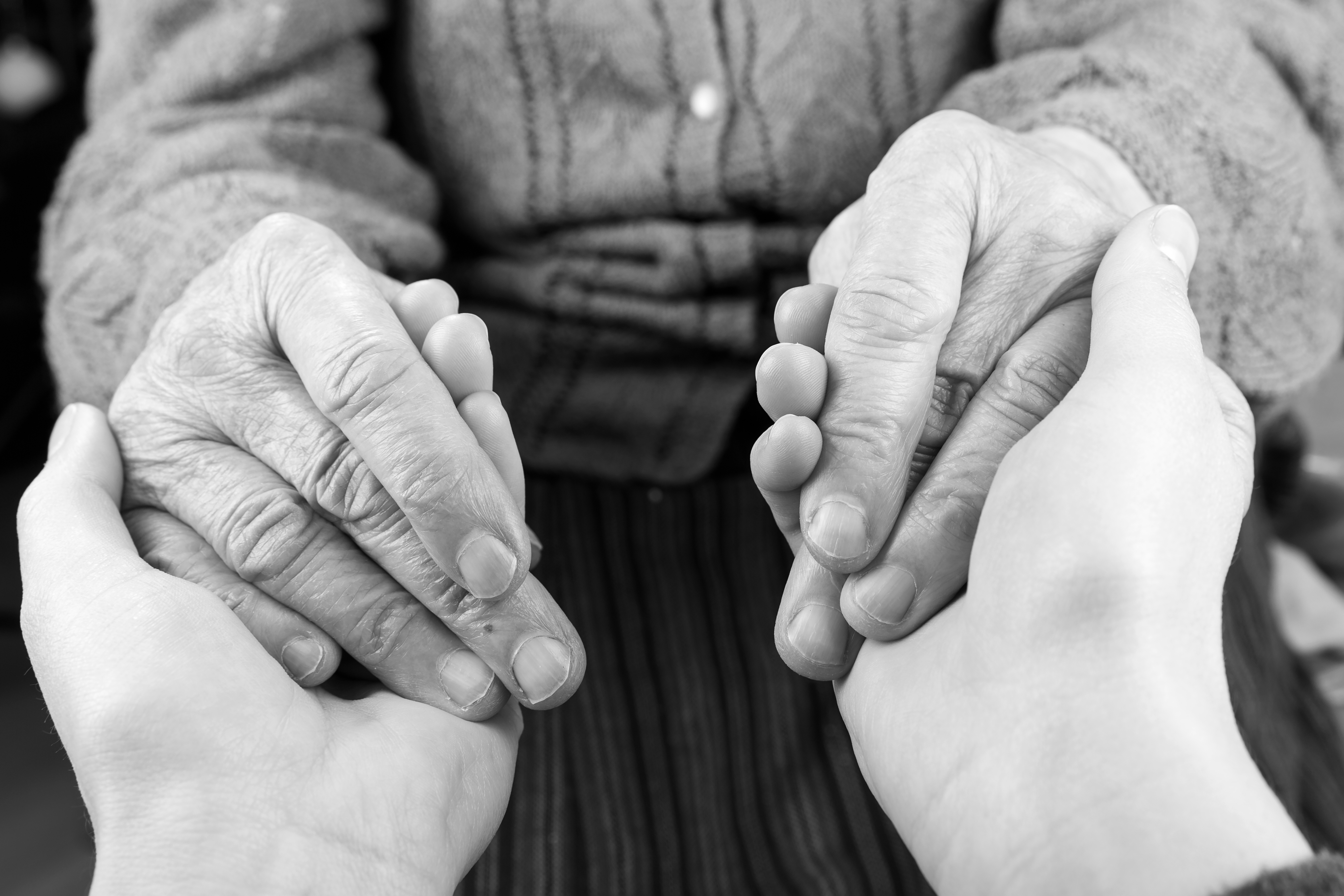The population is changing and people need more care.
Caregiver: “A person who provides direct care.” MW Dictionary
“Caregivers”—a general term used to describe people who take care of others, including children. But the term caregiver is changing a bit with our aging population as more and more people are “sandwiched” between generations who need care—not just children, but also an aging population that requires help with daily living. For this article, we’re going to say Caregivers are people looking after another adult—probably over the age of 50 with declining health.
Nearly 1 in 2 Canadians provides care to a family member or friend at some point in their lives, and about 34.2 million Americans have provided care to someone over 50 in the last year. Most will be providing care related to the needs of aging, but others could be related to a variety of disabilities and health conditions.
Each year, full-time employees are lost from the workforce in order to fulfill caregiving demands, and employers lose billions of dollars in lost productivity due to caregiving-related absenteeism. But productivity losses isn’t just felt by the society and employers. It’s also felt by the caregivers themselves. Caregivers spend a median of 3 hours per week providing care for a family member or friend, which doesn’t seem like huge demand. But 1 in 10 devote over 30 hours per week to caregiving, which is equal to a full-time job! On top of that, 10% of employed caregivers turn down job opportunities or promotions due to caregiving responsibilities, and another 15% cut down their work hours.
28% of Canadian caregivers surveyed in 2012 reported they found providing care to be “somewhat or very” stressful in the past year. And 1 in 5 reported suffering emotionally or physically as a result of providing care.
Despite these staggering realities, caregiving doesn’t have to be a negative experience and doesn’t necessarily have to cause stress. In fact, 8 in 10 caregivers surveyed in an American study found caregiving to be a “positive experience.” Research shows that caregiving can promote a sense of personal growth, help instill life meaning and purpose, strengthen relationships, provide satisfaction in feeling needed and being helpful towards their loved ones, and increase self-worth and self-value. One way to encourage positive experiences with caregiving (and to help limit the stress) is to be prepared and well-equipped with relevant tools, knowledge, and support when you take on a caregiving role.
Tips and info for new caregivers:
- Learn about the diagnosis to help you understand the facts and realities of a condition.
- Don’t ignore the financial and legal realities. Having conversations about Durable Power of Attorney and money can help relieve anxiety and make everyone feel more prepared.
- Invite family and friends to discuss the care—and maybe even the person who needs care! It’s important for caregivers to express their needs and limitations, too. The most important thing for caregivers to remember is that they matter, too. If you’re a caregiver and you’re taking on more responsibility, also take on support. It helps to connect with others in similar situations—online or in person.
Don’t forget about community resources. Talk to your health care provider about support.
US: Family Care Navigator https://www.caregiver.org/family-care-navigator
ElderCare Locator https://eldercare.acl.gov/Public/index.aspx
Cancer: https://www.cancer.org/treatment/support-programs-and-services.html
Canada: http://www.carerscanada.ca/resources/
Canadian resources:
-
- Caregiver organizations: http://www.carerscanada.ca/about-us/#networks
-
- Multiple sclerosis https://mssociety.ca/support-services/caregivers
- Alzheimer’s disease http://alz.to/get-help/dementia-support-groups/
- Cancer https://cancerconnection.ca/home
USA resources:
- General https://www.smartpatients.com/partners/fca
- Alzheimer’s disease https://www.alz.org/apps/we_can_help/support_groups.asp
- Cancer https://www.cancercare.org/tagged/caregiving

